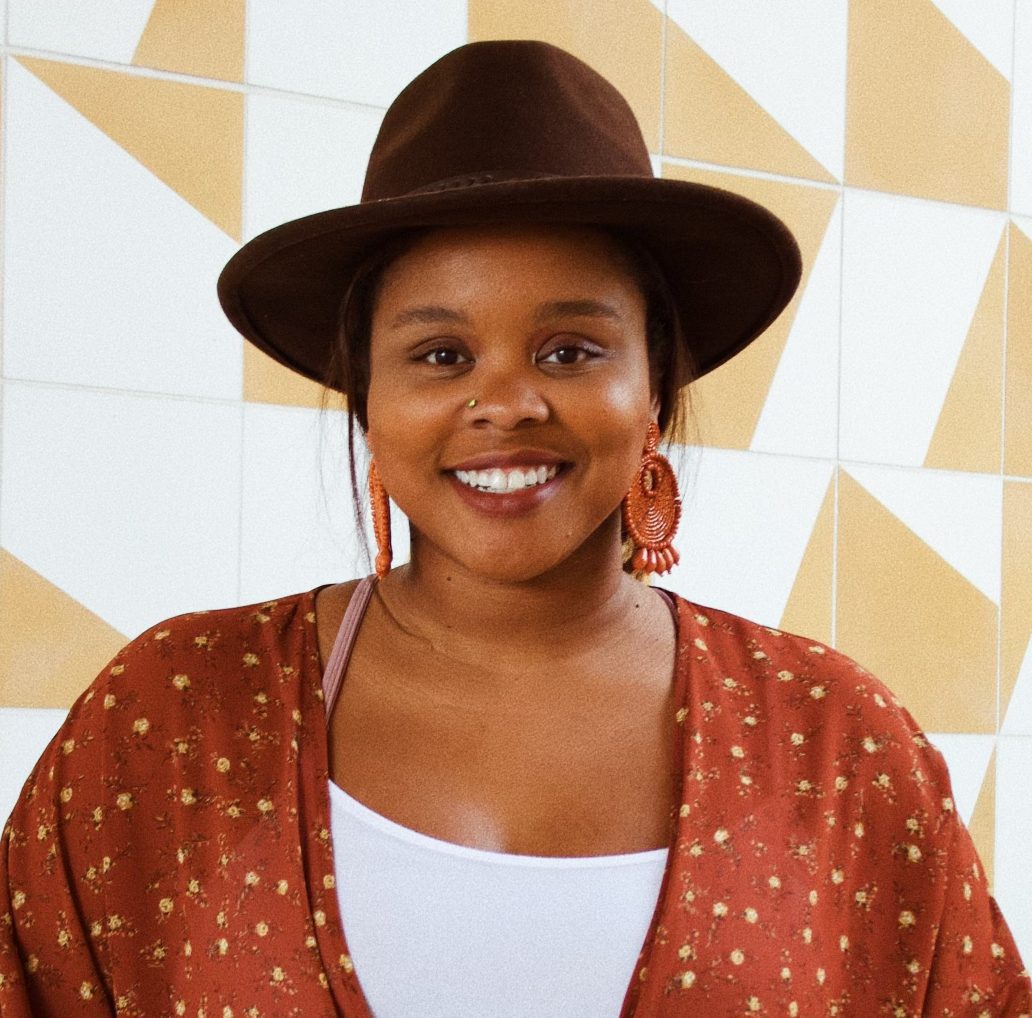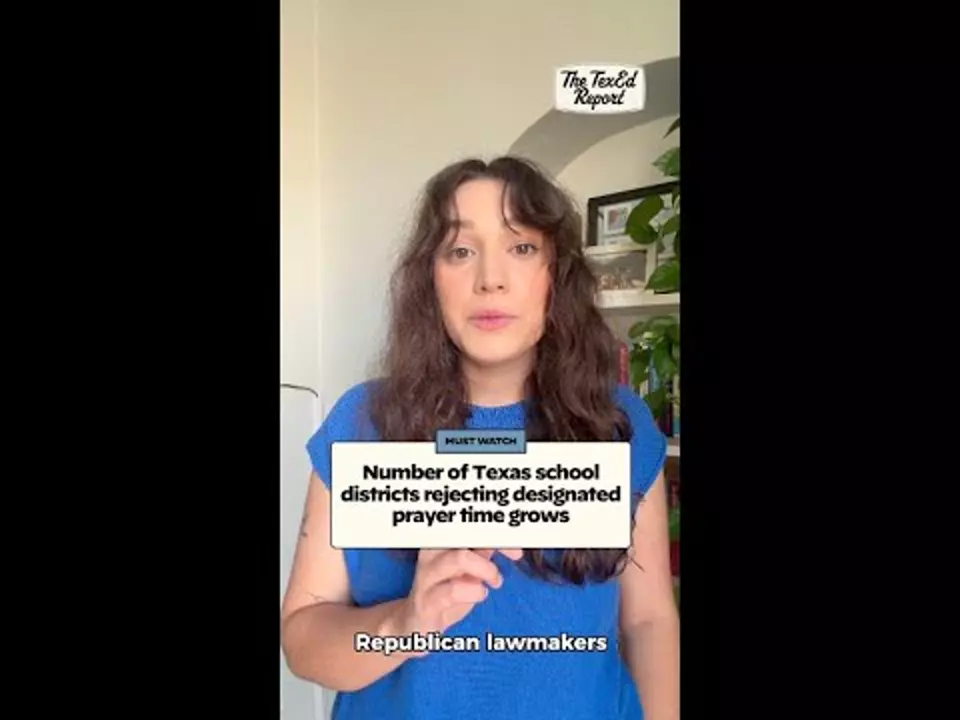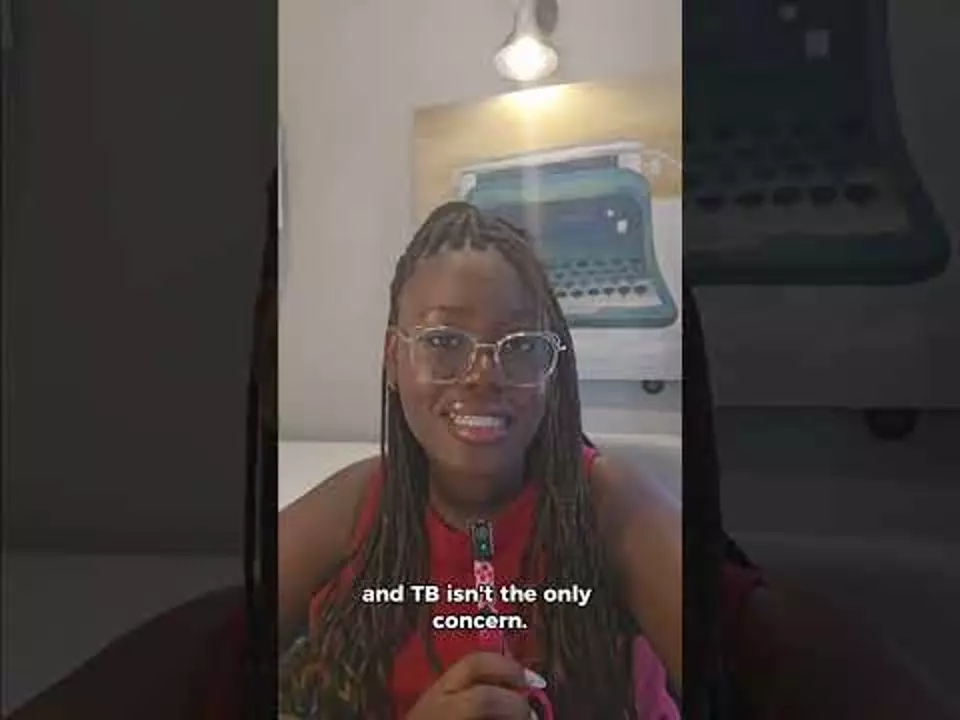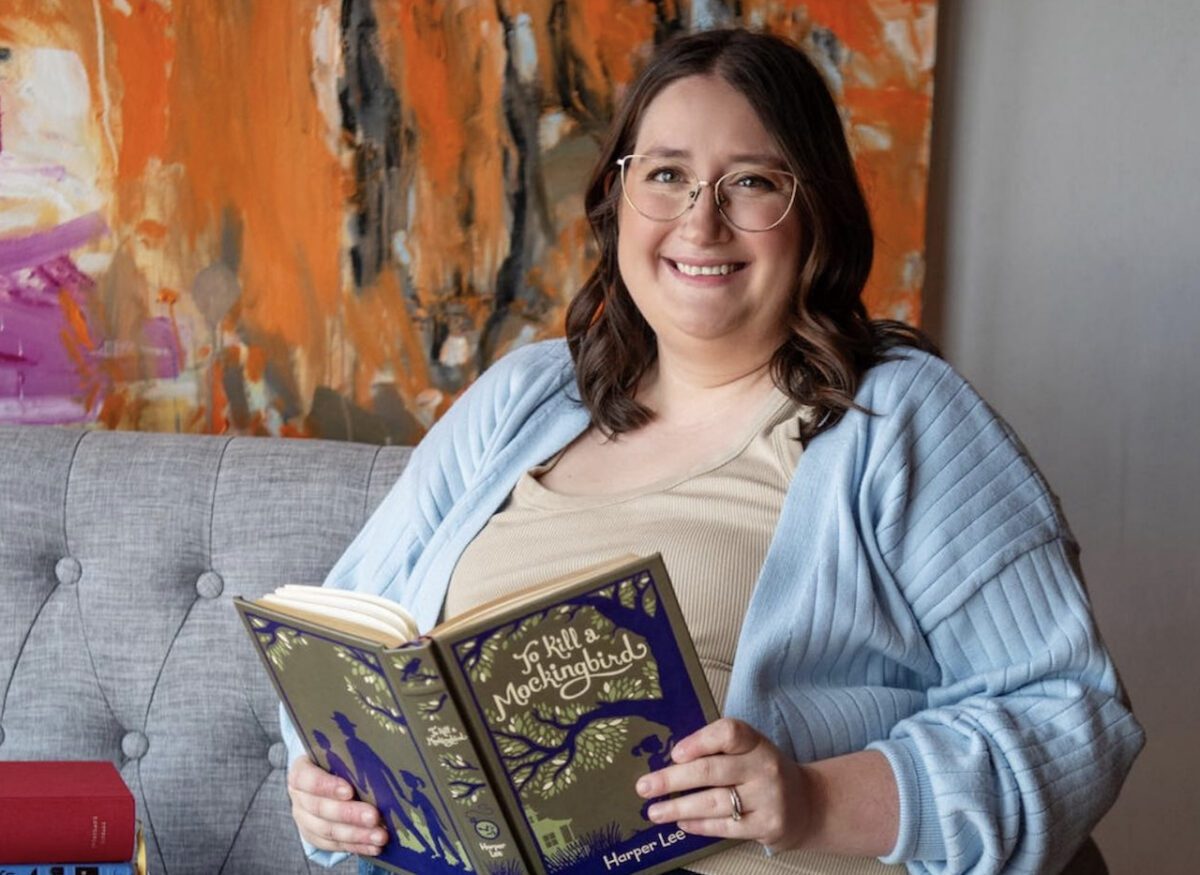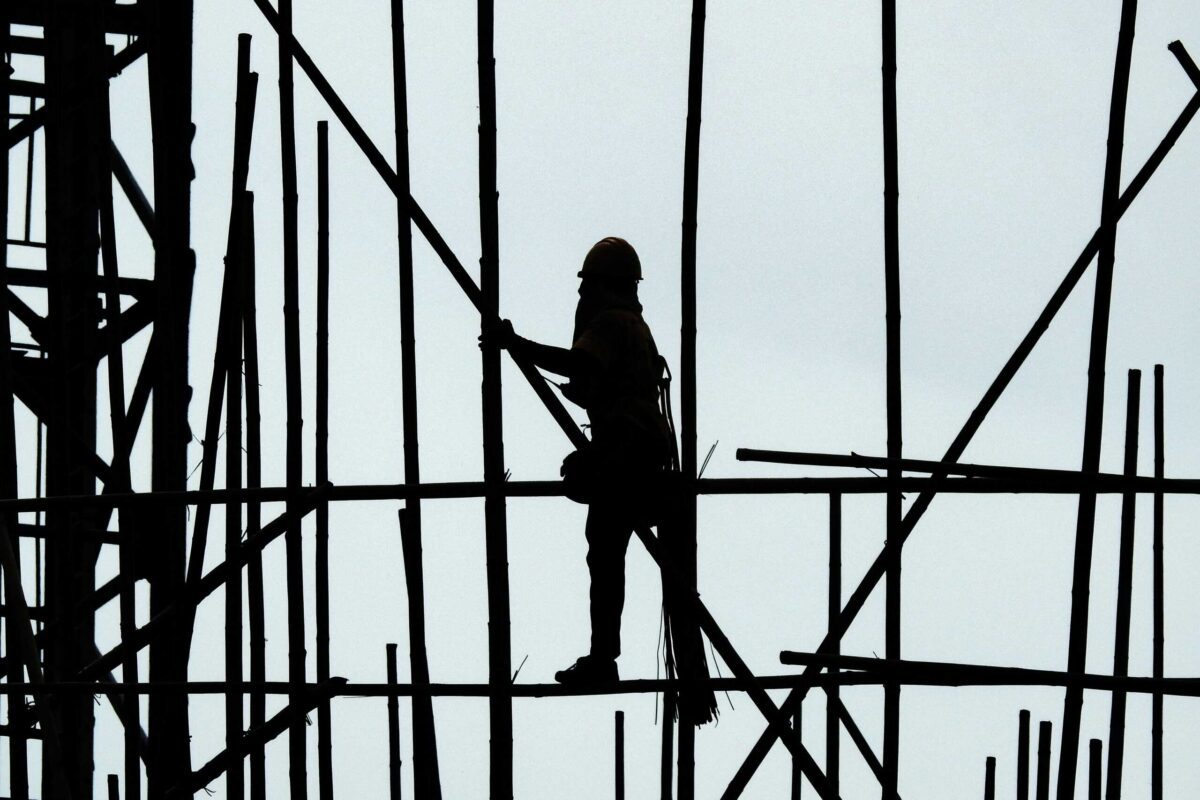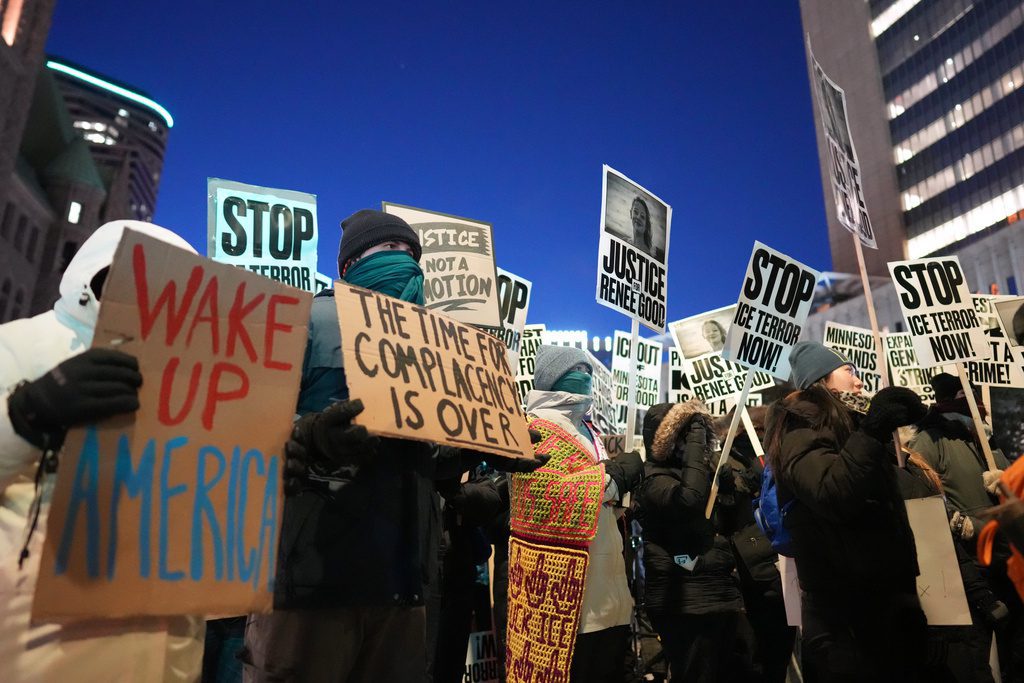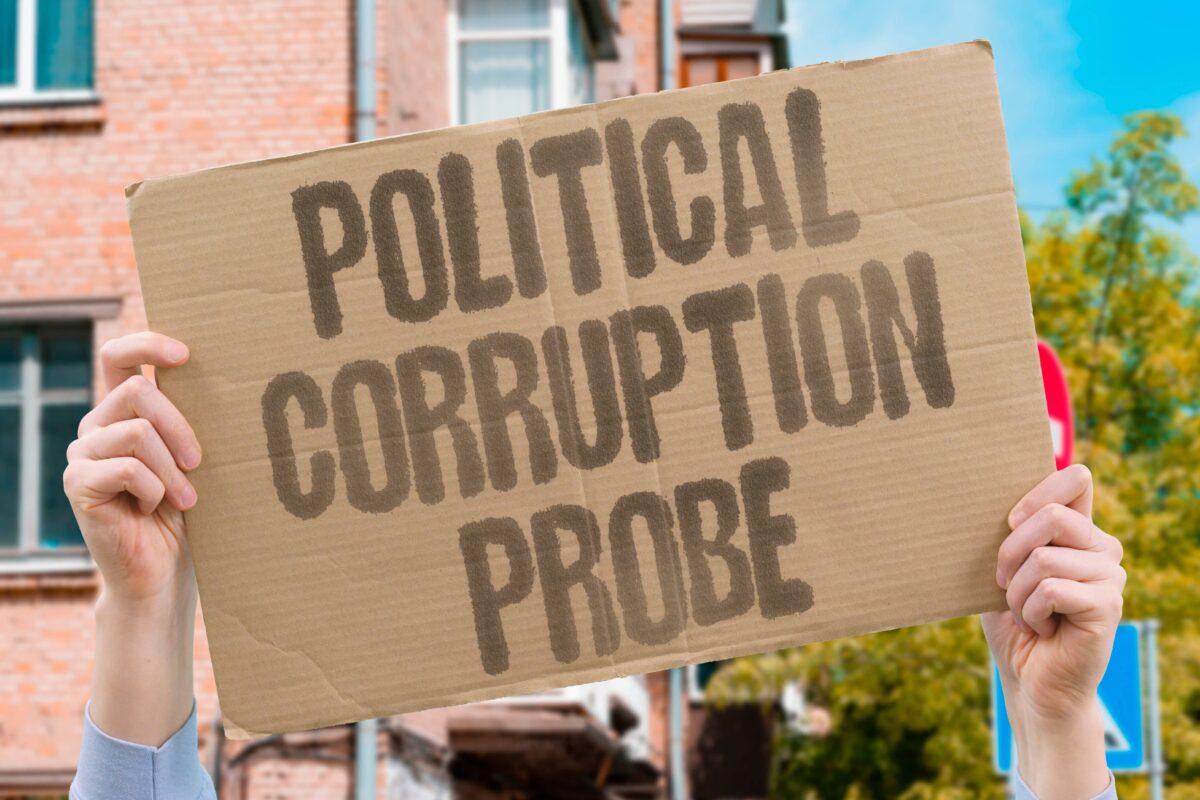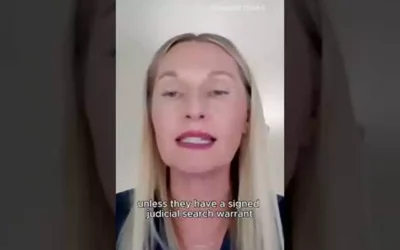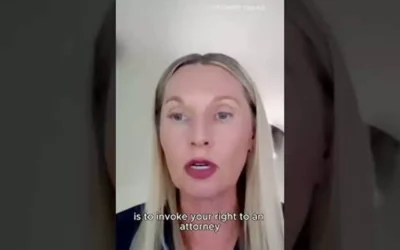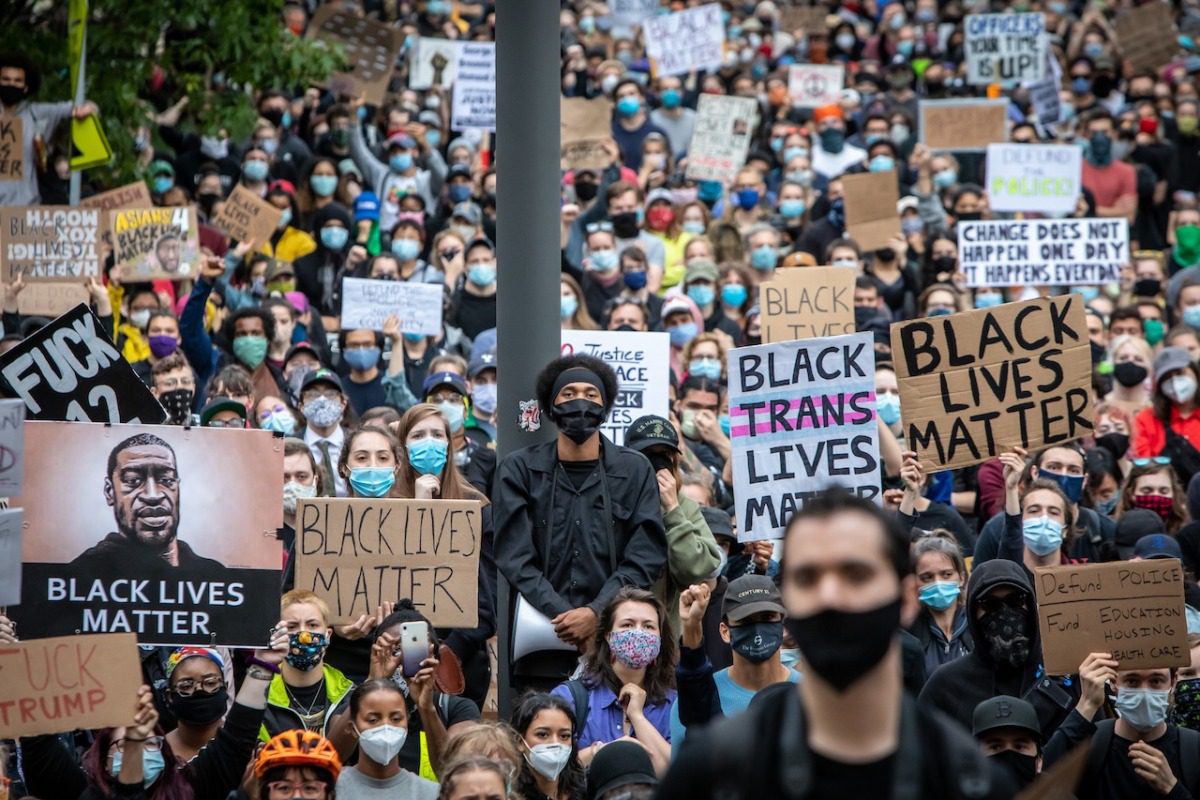
Maverick Pictures/ Shutterstock
I’ve spent my whole life trying not to die. People who look like me learn early that there’s a different set of rules for you than your less-melanated counterparts. You learn danger hides everywhere: at the park, while driving to the store, and, certainly, in your schools. And if it’s not the extermination of your breath, it’ll be that of your resources, your liberty, or self-worth.
You’ll spend your whole life proving you’re worthy of everything you have and anything you want. People won’t like you, maybe so much that they’ll try to hurt you, and before you’ve lost your baby teeth, you have to be ready for that.
When George Floyd’s brutal murder by police was televised in 2020, it felt like being seen for the first time. Covid-19 fears and stay-at-home orders made it so Americans couldn’t look away from racism. A violation of civil rights caught on camera—it was the dirtiest presentation of perceived hate. It seemed like white people were coming out of a haze, newly lucid to their own violence and willing to atone. People read books, had hard conversations, companies apologized and built whole departments to combat their systematic harm, while Covid-anxious bodies marched in the street, demanding change, shoulder-to-shoulder with neighbors of all creeds.
It seemed like nearly every non-Black person on social media posted the famous black square, the passive acknowledgement that Black people needed to be heard and seen.
The time period will probably forever be referred to as “a racial reckoning,” the switch flip for folks all over the world. And maybe for some, that year really changed them, set them on a course of actively dismantling their own racism. Now, as we approach the five-year anniversary of Floyd’s murder and look at the state of our world, I’m starting to think that so many people were just acting. Their allyship—like acid-washed jeans or light-up sneakers—was just a fad, something they could take off when it was no longer considered cool.
Recent Pew research showed that positive sentiment for #BlackLivesMatter is lower now than it was in 2020. In September of that year, 52% of people said they thought an increased focus on racial inequity would improve the lives of Black people. Today, a majority of survey respondents (72%) say they don’t believe the increased focus led to any real change.
Protests and rallies are still happening, but for different reasons than in 2020. There have been many since the November 2024 election, protesting anti-LGBTQ bills, sexist healthcare policies, and corrupt government. A colleague was at a protest recently and was talking about how hard it was to do video coverage of the event with all the bubbles getting in the way.
Bubbles.
From a bubble machine.
Why is there a bubble machine at a protest?
Why are folks coming out to protests looking for good music, food trucks, and a bouncy house for the kids? Protests are calls to action, not a day at the county fair.
Demonstration has a legacy. It has actually changed this country in the biggest ways. You get to own property and vote because of demonstrations. Your religion or sexual orientation can’t deny you employment because of demonstration. All races can learn in the same classrooms because of demonstrations. This is serious stuff, especially for those most impacted by reckless policies, budget cuts, and voter suppression. There’s nothing fun or funny about having to yell and march and get on a mic and divulge your most personal stories to 2,000 onlookers in order to secure your most basic rights.
I feel silly for thinking at the time that George Floyd’s death was a wakeup call for folks, and that Black people might live safer, happier lives in the years to come. And while I don’t think such egregious events are enough to shake hundreds of years of racism and violence, I do think his murder made it clear—especially for those of us who didn’t live through the Civil Rights Era— you have to do real work to make lasting change.
A black square does nothing for stolen innocence. An apology letter does nothing for a community in literal danger. An MLK quote doesn’t aid a parent burying their child. We must do the hard work consistently and dispel the obsessive need we have for good vibes and fun times.
Organizing and protesting is at the core of our freedoms. We’ve done them well. The Women’s Suffrage March, the Stonewall Riots, the March on Washinton— shoot, the Boston Tea Party—we have all the tools, examples, and pedigree to create meaningful change. We just have to stop looking for easy ways out, put in the muscle, and not get discouraged when things don’t “feel good.”
It’s okay to be tired. I’d be concerned if you weren’t. And I get the desire for joy, I want it just as badly, but faking solutions and just hoping won’t bring you the happiness you’re looking for. A better world will, and at this point we’re going to have to claw and scratch our way to it.
I’ve never known a Texan to back out of a fight.
Support Our Cause
Thank you for taking the time to read our work. Before you go, we hope you'll consider supporting our values-driven journalism, which has always strived to make clear what's really at stake for Texans and our future.
Since day one, our goal here at COURIER Texas has always been to empower people across the state with fact-based news and information. We believe that when people are armed with knowledge about what's happening in their local, state, and federal governments—including who is working on their behalf and who is actively trying to block efforts aimed at improving the daily lives of Texas families—they will be inspired to become civically engaged.





